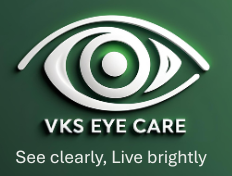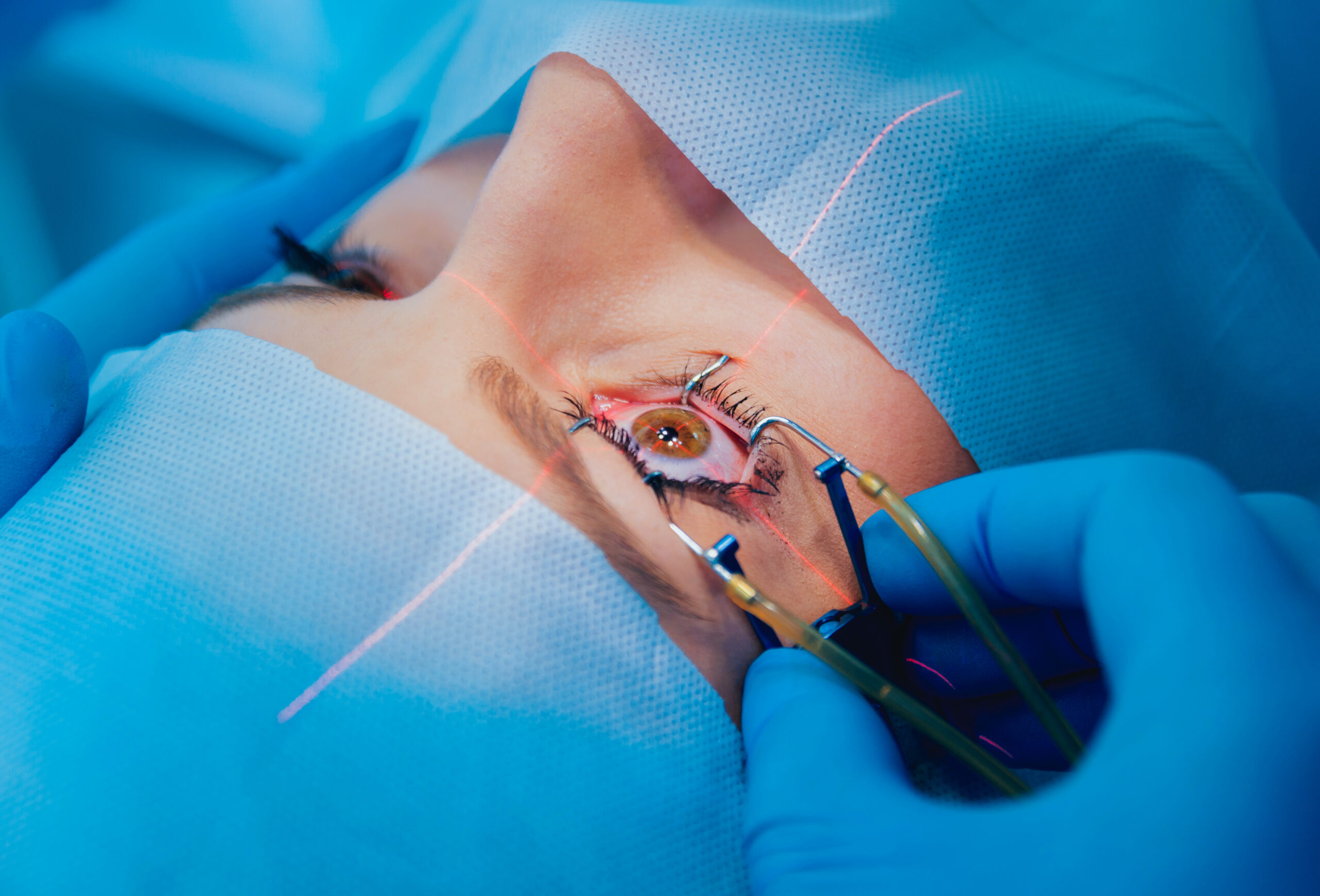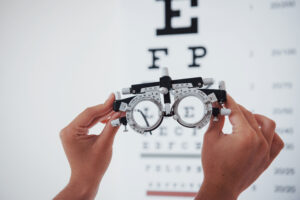What Is Lasik Eye Surgery?
Lasik eye surgery is a popular procedure that helps people see clearly without glasses or contact lenses. In fact, many people choose Lasik to fix common vision problems. The surgery uses a special laser to change the shape of your cornea, which is the clear front part of your eye. As a result, light focuses better on your retina, helping you see more clearly. According to the World Health Organization, millions of people have had Lasik with good results.
Symptoms and Vision Problems Lasik Can Address
Many people struggle with blurry vision every day. Lasik eye surgery can help with several common vision problems, also called refractive errors. These include:
Because Lasik corrects these issues, many people enjoy life without glasses or contacts after surgery.
Causes of Refractive Errors Treated by Lasik
Refractive errors happen when your eye does not bend light correctly. Usually, this is because the shape of your cornea or lens is not perfect. For example, if your eye is too long or too short, or if your cornea is uneven, you may have blurry vision. Genetics often play a big role, but age and certain health conditions can also affect your eyesight. Lasik eye surgery can fix these shape problems, so you see better.
How Lasik Eye Surgery Works (Procedure Overview)
Lasik is a quick and safe procedure. First, your doctor numbs your eyes with special drops. Next, a tiny flap is made on your cornea. Then, a laser reshapes the cornea to correct your vision. After that, the flap is put back in place. The whole process usually takes less than 30 minutes for both eyes. Most people feel little to no pain during Lasik eye surgery. Because the recovery is fast, you can often return to normal activities within a day or two.
Eligibility and Candidacy for Lasik
Not everyone is a good candidate for Lasik. However, many adults with stable vision can have the surgery. You may be a good candidate if:
On the other hand, people with very thin corneas, severe dry eyes, or certain medical conditions may not be eligible. Therefore, it is important to have a full eye exam before deciding on Lasik.
Benefits and Risks of Lasik Eye Surgery
Lasik eye surgery benefits many people by giving them clear vision without glasses. Some key benefits include:
However, like any surgery, Lasik has risks. Some possible risks are:
Still, most people find Lasik safe and effective. According to the CDC, serious problems are rare when a skilled doctor performs the surgery.
Recovery and Aftercare Tips
After Lasik, you will need to take care of your eyes. Here are some Lasik recovery tips:
Because healing is quick, most people return to work and daily life within a few days. However, always follow your doctor’s advice for the best results.
Prevention and Lifestyle Guidance for Eye Health
Even after Lasik, it is important to care for your eyes. For example, you can:
Because healthy habits help keep your eyes strong, you can enjoy good vision for years to come.
Conclusion: Is Lasik Eye Surgery Right for You?
Lasik eye surgery can be a safe and effective way to improve your vision. However, it is important to know the benefits and risks. If you are thinking about Lasik, talk to a qualified ophthalmologist. They can help you decide if Lasik eye surgery is right for you.







